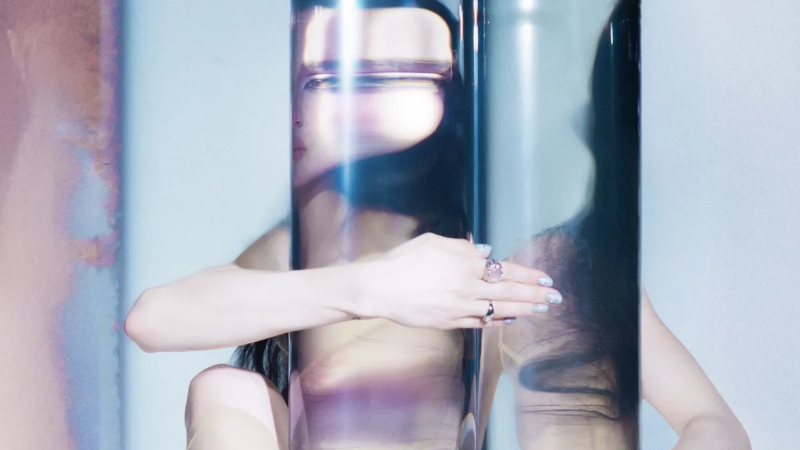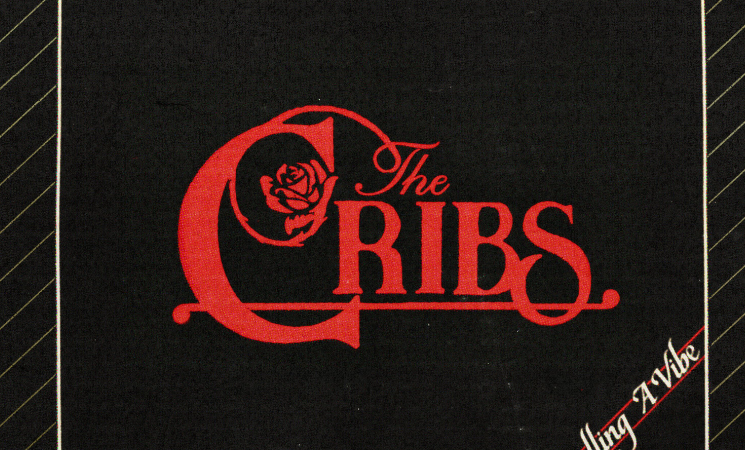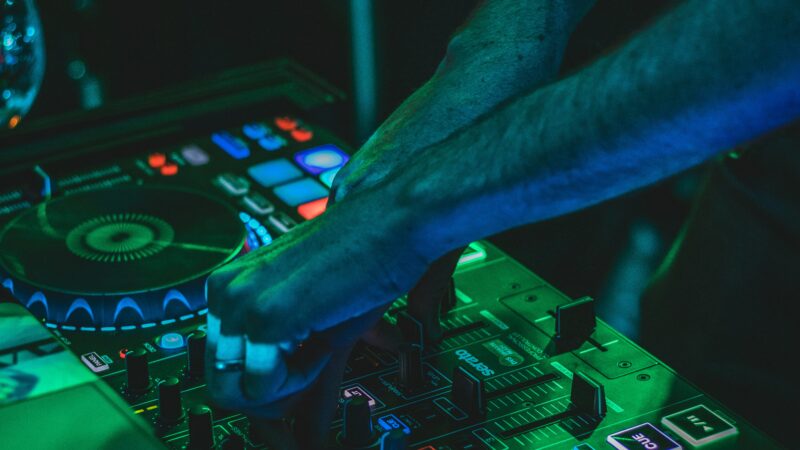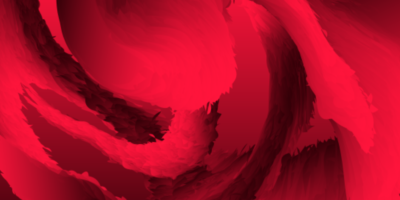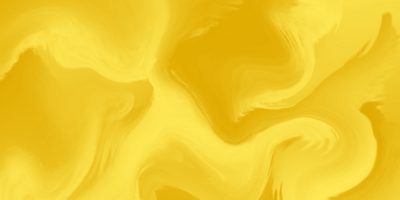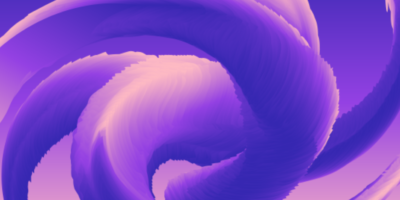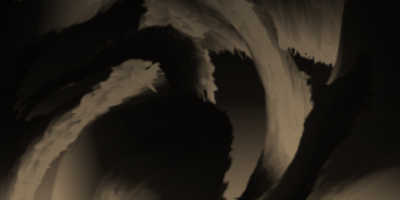Being the latest addition to the seemingly ever-growing list of semi-mocking letter switchers (think Joy Orbison, Com Truise, Joanna Gruesome, et al.), you could be excused for being slightly dismissive of the Melbourne-native Chet Faker. This time, however, the now tiresome jest might be forgiven – for this is not just some Google-friendly gimmick but a sincere doff of the cap to a long-standing inspiration, American jazz musician Chet Baker. The combination of Nick Murphy’s assumed moniker, his particularly en vogue brand of soul-inflected house jams and quintessentially-hipster facial hair has seen Chet Faker labelled by many as a typical fad-follower, latching onto trends as a means of slipstreaming his way to success. Yet, as I discover before his sold-out date at London’s KOKO, Murphy is anything but. His debut album Built on Glass is the hard-won product of sheer graft, agonising attention to detail and a resolution to write only the music he knows to be true to himself. After two years spent in near-total isolation, locked in a converted cooling room above Melbourne’s meat market, having discarded at least two albums-worth of material on his way towards his debut record, no one can accuse Murphy of doing anything but that.
PP: Your name obviously references some soul influences, and those are evident on the album – but there’s also a lot of electronic stuff going on in there as well. What drove you in that direction, musically?
CF: I don’t think it was a conscious connection – I didn’t sit down and decide to draw that line between the two. But I guess it’s probably because electronic music is, for my generation maybe, really at the forefront of musical experimentation. Obviously ‘electronic music’ is a broad term, but I can’t think of another genre that is progressing in the same way. It’s all about breaking rules, and yet at the same time it’s all about working within rules… it’s very interesting. Whereas, when I talk about my soul influences… It’s not ‘soul music’, you know, it’s soul. Soul musicians are talking about soul. It’s about bringing soul and feeling to a song.
PP: That’s interesting, because I asked a friend about what made your album so impressive, and that was one of the reasons he gave – that Built On Glass is electronic music, but it’s got soul and feeling to it, and it’s that human element that makes the album so interesting to listen to.
CF: Human! Yeah, human is a word I use a lot. It’s just…you know – I mean it. I’m not just putting an album out because I can, these are real feelings and emotions that I’m trying to express.
PP: I’ve read in previous interviews that recording the album was a very solitary process, involving a lot of time spent alone. I wanted to ask why you thought that was necessary? Was that a conscious decision or was it incidental?
CF: I guess I just have a lot that I want to do – I always say that music means a lot to me in terms of living, and coping, and just expressing myself effectively. So I guess it just seemed strange to ever involve another person, it being so personal… especially with this record, my first record. I did involve people at other times, but it just never really worked. I’m still young, I’m still figuring out how to work with other people, you know.
PP: Was it a happy process, day to day? Writing this record?
CF: Yeah it was – although I had to remind myself that I was happy at times. I was content – but sometimes you can get so lost in it, you know.
PP: I heard that, last year, you had an album ready to press, but that you scrapped it and started again. What happened there?
CF: Yeah, I wrote a few! A few albums worth of songs. Like a lot. Close to 80 maybe. There’s a lot of shit in my back catalogue…which my publishers love! But the new record, this record, is pretty much completely new songs.
PP: Why did this one succeed? Why were you happy with this record and not the others?
CF: I don’t know. I think it might have been because I had been through those first two attempts… I had to work out what I didn’t want before I knew what I wanted. Because I really didn’t know what I wanted. Like, I had a sense of what I wanted to make but I couldn’t just sit down and think out what type of record I wanted. Because I’m happy with Built On Glass, but really what kind of record have I made? I don’t know – it’s like a house jam, and it’s got the soul in there… it’s all sorts of things.
PP: What was wrong with the first two records?
CF: I’ll tell you what was wrong with them – yeah, the first one I was trying too hard to please everyone. Which, as a result, wasn’t pleasing to me. It was just really boring… it just wouldn’t have surprised anyone. And then the second one I was just trying to be too highbrow about the whole thing, I was trying to reinvent music. And that isn’t me, I’m not doing anything particularly groundbreaking – I’m just doing my thing. Like I’m never gonna be the musician’s musician – I think I’m always just gonna be more the fan’s musician, the human’s musician.
PP: I’ve saved the big question until last…why do you think you write music?
CF: Because it’s cathartic. Definitely.
PP: Can you ever imagine a time when you didn’t want to make music?
CF: Yeah I can – and it’s the worst feeling in the world. That’s usually when I know something’s wrong and that I need to sort some shit out.
PP: Music-wise or life-wise?
CF: Life-wise. They’re connected, though – totally connected. I don’t separate the two. I go crazy if I don’t write music. I guess that everyone starts doing what they do when they’re young, for whatever reason – because they think it’s cool, or because it’ll make you money, or whatever. But sooner or later, it’ll become a part of you and your identity. It starts as a conscious act and then it becomes a habit, and then it stops being either and it’s just a part of who you are.
Interview by Jack Enright
